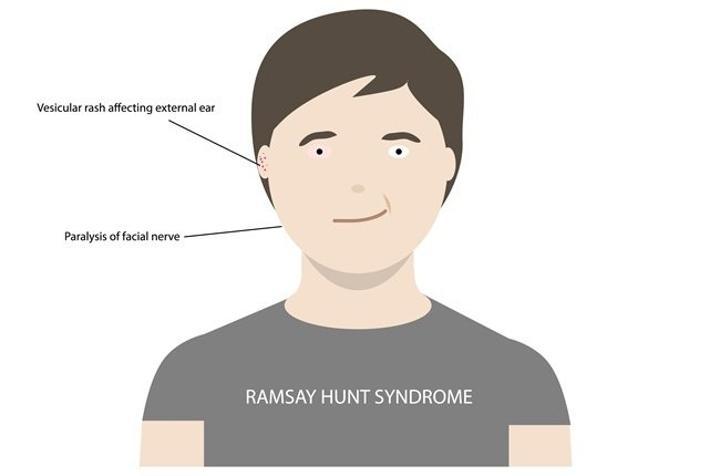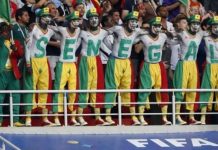Africa-Press – Lesotho. Pop star Justin Bieber last week announced he was diagnosed with Ramsay Hunt syndrome, a rare neurological condition, causing his face to be partially paralysed.
The seriousness of the condition meant that the 28-year-old singer had to cancel a number of shows on his latest tour. The video posted to Instagram shows Bieber’s inability to move his facial muscles.
He explained: “It is from this virus that attacks the nerve in my ear in my facial nerves and has caused my face to have paralysis. ” Bieber’s one eye could not blink, nor could he smile on the one side of his face.
“This nostril will not move, so there’s full paralysis on this side of my face,” he said. What is Ramsay Hunt syndrome? Ramsay Hunt syndrome is caused by the varicella-zoster virus, the same virus that causes chickenpox and shingles.
According to the Icahn School of Medicine at Mount Sinai, it occurs when the virus infects a facial nerve near the inner ear. This can then lead to irritation and swelling of the nerve. Ramsay Hunt syndrome can affect people of any age, but most commonly affects those over 60 years.
Symptoms can include severe pain in the ear; a painful rash on the eardrum, ear canal, earlobe, tongue, and roof of the mouth on the side with the affected nerve; hearing loss on one side; vertigo; weakness on one side of the face; and facial paralysis on one side of the face.
If a person had chickenpox as a child or shingles as an adult, the virus can remain dormant in the body. It is not clear why the virus reactivates as Ramsay Hunt syndrome. While it is not contagious, the syndrome can be more severe in people with weakened immune systems. Recovery
Bieber said he was doing facial exercises and taking time to “rest and relax and get back to 100% so I can do what I was born to do”, but did not mention an estimated timeline for his recovery, AFP reported.
However, Mount Sinai notes that if there is not much damage to the nerve, the patient should recover completely within a few weeks. The more severe the damage, the less the likelihood of full recovery, they added.
If treatment begins within 72 hours (three days) days after the symptoms begin, a person’s chances of full recovery are much greater. Without adequate treatment, complications may occur, such as damage to the eye, taste changes, disfigurement of the face, and persistent pain.
Treatment The first line of treatment is usually strong anti-inflammatory drugs (steroids), and antiviral medicines may also be given to patients. Strong painkillers may also be prescribed.
In the case of facial paralysis, since the one eye will not close, a healthcare professional will give the patient an eyepatch to prevent damage to the eye and might prescribe a special eye lubricant at night, as well as artificial tears during the day, to prevent the eye from drying out.
Although there is no known way to prevent Ramsay Hunt syndrome, experts stress that getting yourself treated soon after symptoms develop is the best way to improve your chances of recovery.
For More News And Analysis About Lesotho Follow Africa-Press






